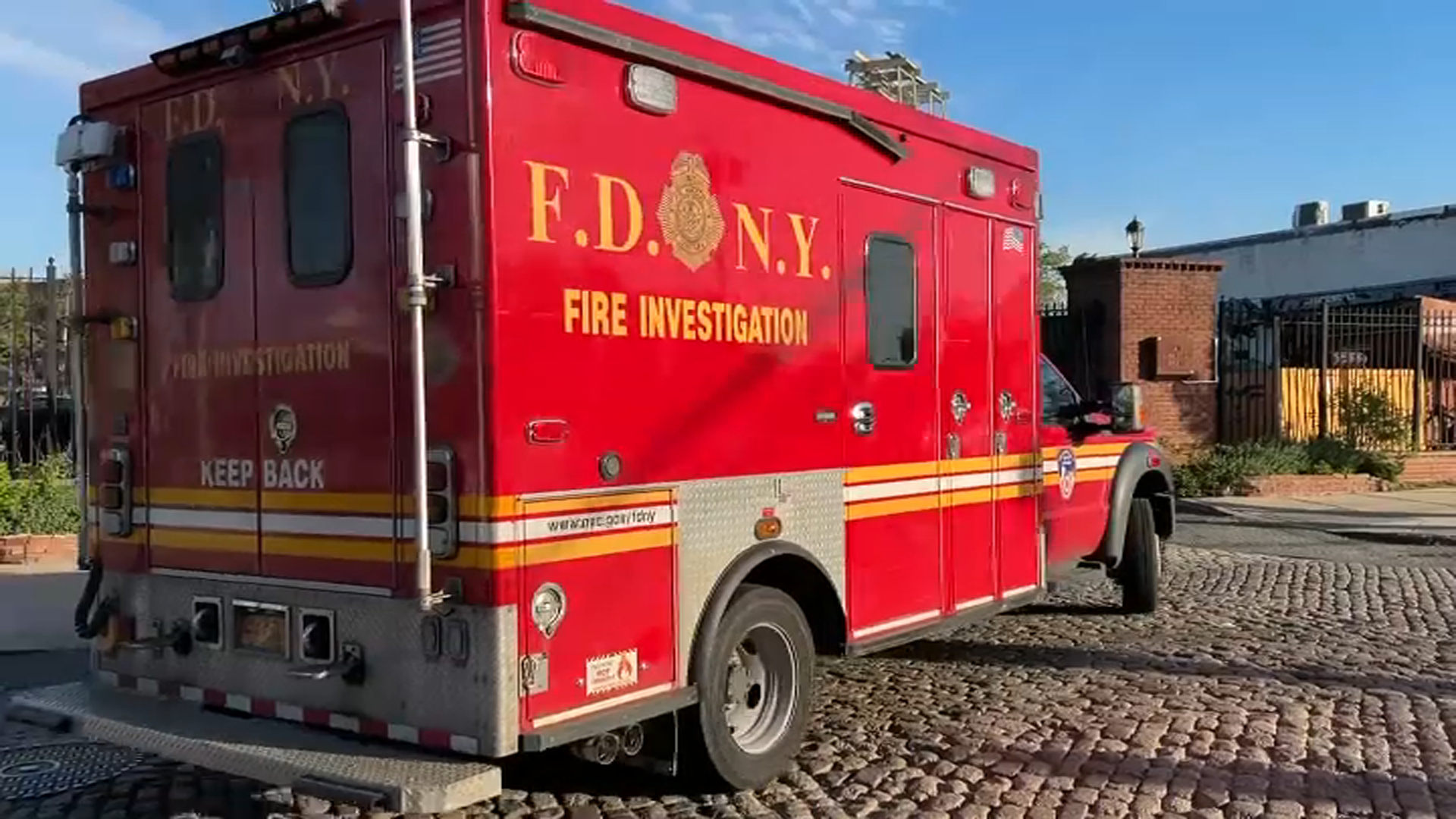Mayor-elect Bill de Blasio appointed veteran New York City educator Carmen Farina, a 70-year-old former teacher and principal and a longtime advocate of early childhood education, as the next chancellor of the nation’s largest school system on Monday.
De Blasio named Farina to the post during a news conference Monday morning at William Alexander Middle School in Brooklyn.
"She knows our students, teachers, principals and parents better than anyone, and she will deliver progressive change in our schools that lifts up children in every neighborhood," de Blasio said.
Farina, a former deputy chancellor of city schools, has been a longtime adviser to de Blasio and helped inform his education platform, including his signature proposal to offer universal pre-kindergarten and expanded after-school programs for middle school students.
"True change happens not through mandates and top-down decision making but through communication, collaboration and celebrating the successes along the way,” said Farina. "Raising the success rate of our students is the only goal. I anticipate the entire city will aid us on this effort."
De Blasio will take office Jan. 1, becoming the first mayor in recent memory to preside over the five boroughs while having a child in public schools; his son attends a Brooklyn high school.
Farina will take over the school system, which educates more than 1.1 million students, at a crucial juncture.
Outgoing Republican-turned-independent Mayor Bloomberg was elected on a campaign promise of being "an education mayor" and dramatically increased government spending on education. But de Blasio, a Democrat, campaigned against many of the policies that Bloomberg championed during his 12 years in office, such as closing schools that are deemed to be failing and boosting the growth of charter schools by giving them free space in public school buildings.
De Blasio also has criticized the outgoing administration for being over-reliant on standardized testing.
The transition to a new administration is the first since Bloomberg won mayoral control of the schools in 2002, and it is unclear what changes de Blasio and Farina might immediately make in the middle of a school year.
Local
Farina has held several posts within the city school system. She was once a teacher at Public School 29 in the Cobble Hill section of Brooklyn and later a principal at P.S. 6, a high-achieving school on Manhattan's Upper East Side.
It was there that she first met de Blasio. They began working together in 2001 after Farina moved to Brooklyn's District 15 school board, of which de Blasio was a member. De Blasio, who lives in the Park Slope neighborhood, sent both of his children to a school within Farina's district.
She de-emphasized using standardized testing as a major factor in measuring performance, a stance that clashed with the Department of Education's central office. De Blasio has long railed against strictly "teaching to the test."
Farina also created several new, small middle schools within District 15, a tactic de Blasio has praised. The district soon became regarded as one of the most innovative and in the city.
She became deputy chancellor under Joel Klein, Bloomberg's first chancellor. She retired in 2006 but supplied informal guidance to de Blasio's mayoral campaign.
United Federation of Teachers President Michael Mulgrew called Farina "a real educator" with "a deep knowledge of schools and our system."
Other candidates considered by de Blasio included Washington, D.C., schools chancellor Kaya Henderson; Chicago schools CEO Barbara Byrd-Bennett; Montgomery County, Md., Superintendent Joshua Starr; and Linda Darling-Hammond; a professor at Stanford University.
De Blasio wants to fund his universal pre-kindergarten program by raising taxes on wealthy New Yorkers, a plan that would need approval in Albany. The state Legislature and Gov. Andrew Cuomo have been noncommittal.
Bloomberg has said his policies are working and should not be abandoned, announcing this month that the four-year graduation rate for the class of 2013 was a record 66 percent, up from 46.5 percent in 2005. "What is clear is that for the 12 years we've been doing this, the results are — by any national standards — outstanding," Bloomberg said.
Farina replaces Dennis Walcott, Bloomberg's third chancellor.
Walcott, a former deputy mayor under Bloomberg and a former CEO of the New York Urban League, has held the job since April 2011.
Klein, the first schools chancellor of Bloomberg's administration, was a hard-charging lawyer who served as the U.S. Department of Justice's lead prosecutor in an antitrust case against Microsoft. Klein left at the end of 2010 to take a position at News Corp., where he leads the company's educational division, Amplify.
He was replaced by Cathie Black, a magazine executive who lasted just three months in the position.



